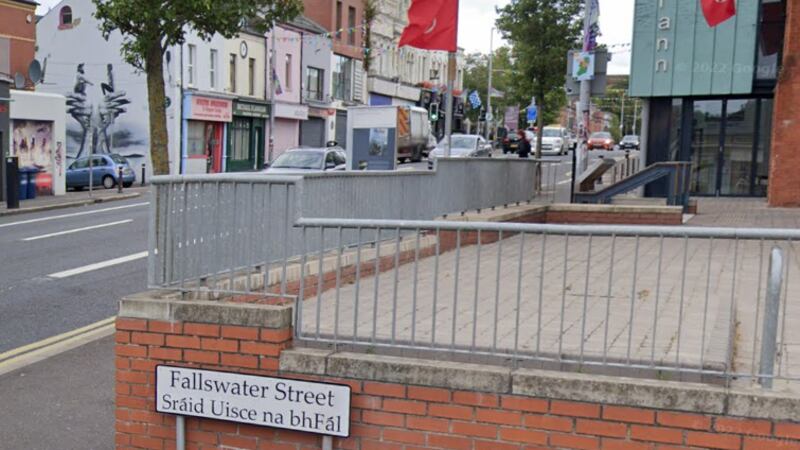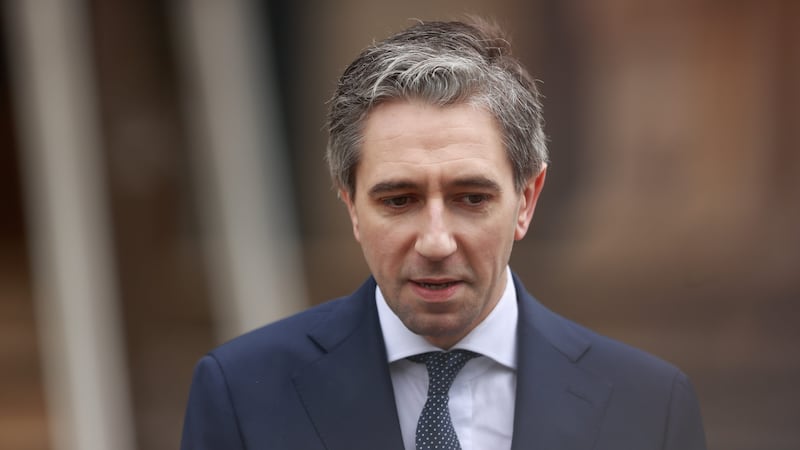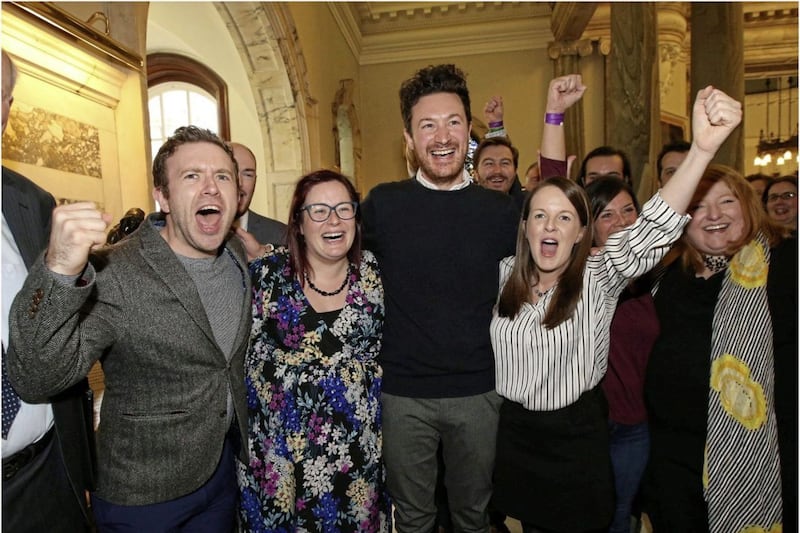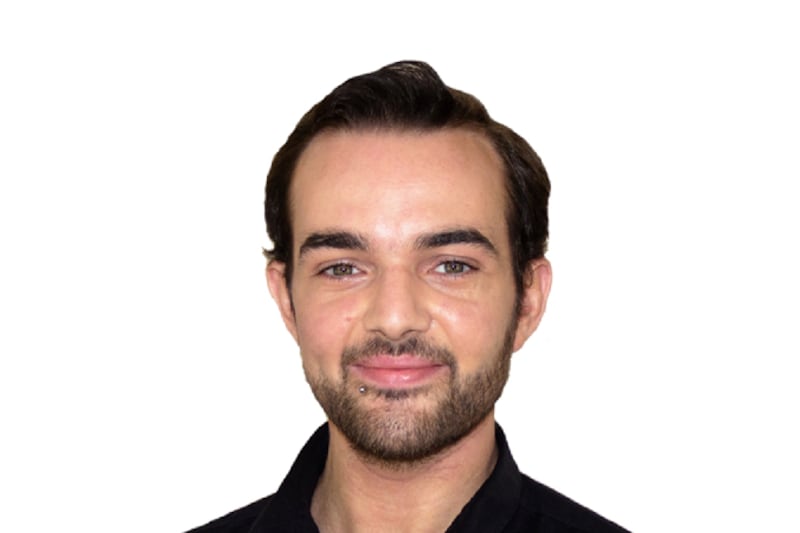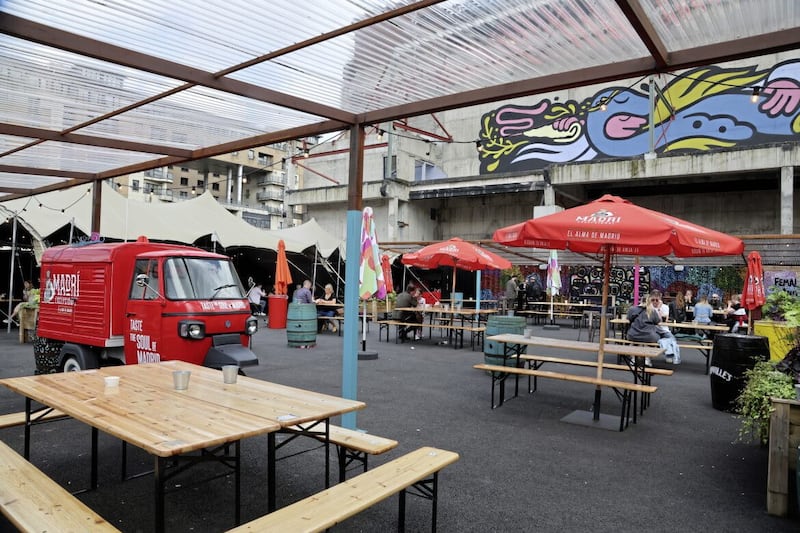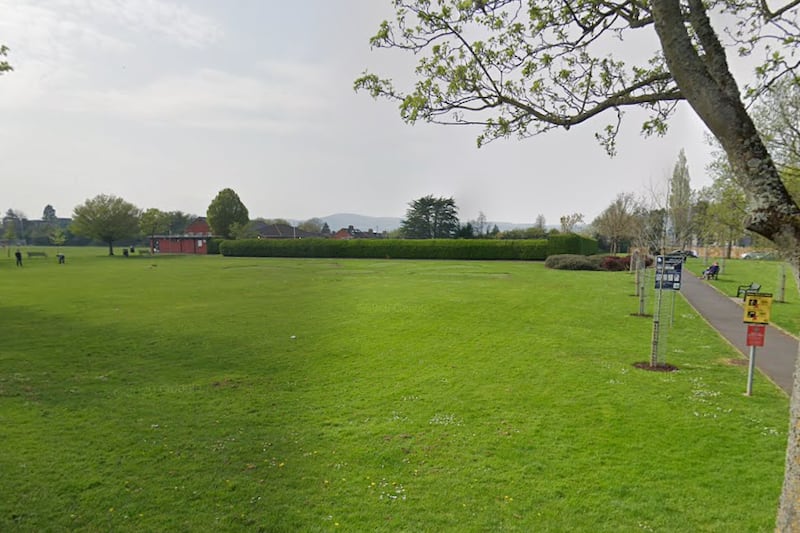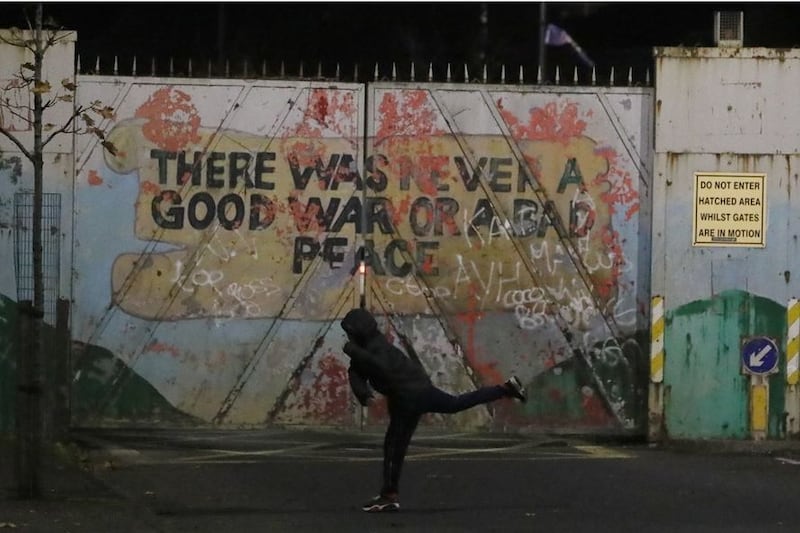There have been heated exchanges over the Irish language at a Belfast City Council committee meeting as it was agreed to erect bilingual signage in 301 streets.
A move to deal with the streets in west Belfast in one go instead of individually was agreed in a bid to save the council over £200,000.
The streets are in the city’s Gaeltacht Quarter, and the council’s Strategic Policy and Resources Committee agreed in principle with the plan last October.
Members also agreed a threshold of 15% of residents in any single street to object to the plan and trigger a regular application for the street that will include a survey of residents.
A council report at the committee recommended members agree to all 301 streets having bilingual signs, and to agree to a survey of residents in Clovelly Street in the Springfield Road area - the only street where the 15% objection threshold was met.
It was recommended members agree a maximum budget of up to £170,000 for the applications.
The recommendations passed by 15 votes to 5, with all unionist councillors voting against them.
DUP councillor for the Court area, Ian McLaughlin, said: “There are a lot of people whose single interaction with the Irish language was very poor. It was usually when the murderer or terrorist that murdered their loved one used to scream and squeal the famous words “tiocfaidh ár lá” – whatever it was – as they left the scene of their horrendous crime.
“I don’t care if it upsets anybody or not. We have people today who are traumatised when you mention the words “Irish language” – so nothing that you propose eases the fears of those people who do not want any interaction whatsoever with the Irish language.”
He added: “No matter what way I frame this, people are going to say it’s anti-Irish language. On the contrary, I am more interested in the impact it is going to have on community relations.”
- DUP councillors question concept of Belfast's Gaeltacht QuarterOpens in new window
- Bilingual signs targeted in ‘hate crime’ in Belfast street where residents were split on Irish nameplateOpens in new window
- DUP fails to block Irish signs for Belfast street where residents were split on applicationOpens in new window
In response, SDLP councillor Carl Whyte said: “There are other victims in this room, who wouldn’t dare to suggest any objection or reluctance to the English language because acts carried out against them or their families were carried out while an English phrase was spoken or used by that organisation.”
Sinn Féin’s Ciaran Beattie said: “The Irish language is for us all, it doesn’t belong to any one community, or any political party. We have a duty to protect minority languages under the UN Charter as representatives across the city.”
